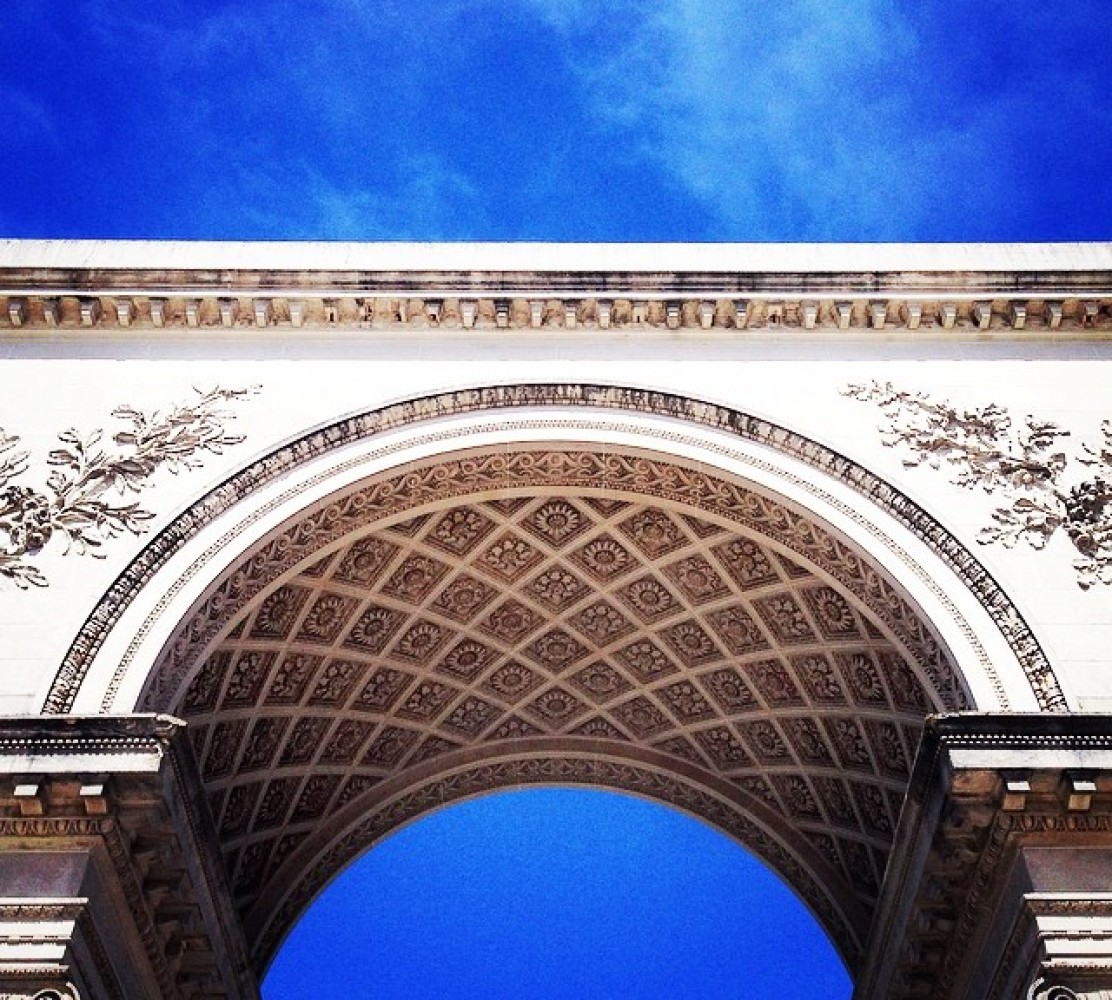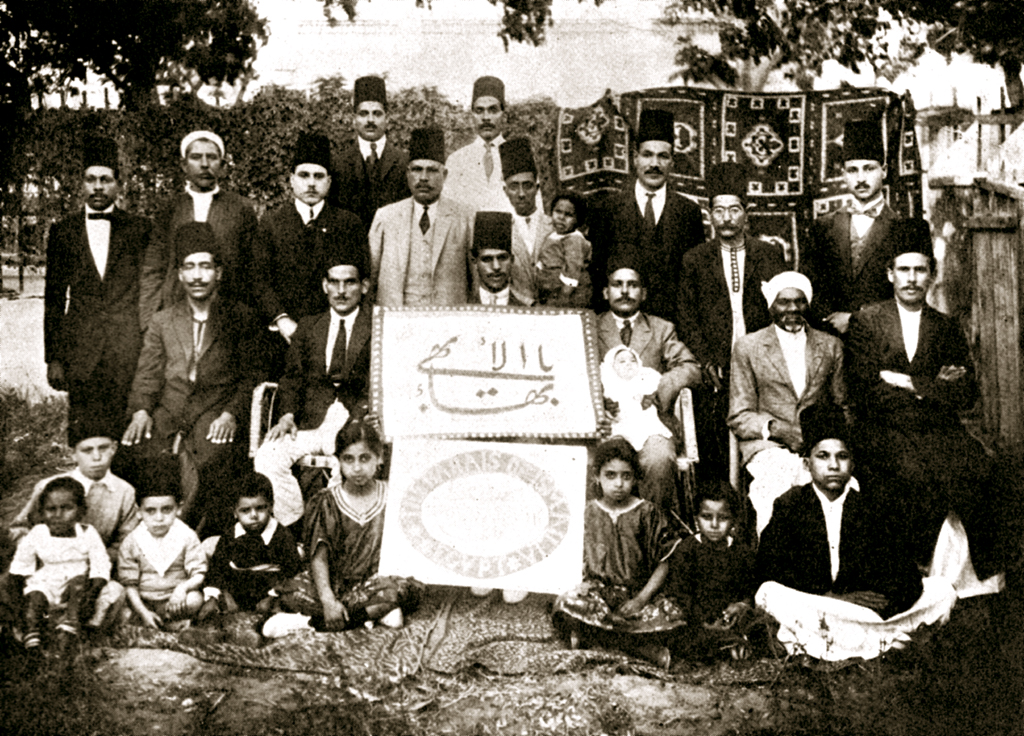Egypt is a wonderful country. Its people are hospitable, rich in history and are blessed with many wonderful talents, laureates, and notable figures that have brought a positive impact to the world.
Unfortunately, in the past few years it has faced many difficulties. Egypt went through a difficult period of history where injustice, prejudice, war, intolerance and poverty were prevalent. Among those suffering from such calamities are the Baha’is in Egypt. An example includes how Baha’is were not provided with the Egyptian national ID because of their Faith. The IDs are similar to the Social Security system in the United States, which is essential for its citizens to register their children to go to schools, getting medication, and having access to government benefits.
There has been progress in Egypt for the Baha’is; however, it marks a small step to the many steps needed to bring forth true justice. Recently, news circulated that Egypt’s Minister of Education publicly announced that the Baha’is will not have access to education in Egypt. In addition to Baha’is, members of the Coptic community are fleeing the violence, and women are facing the challenge of defending themselves from being sexually abused due to lack of security. Egypt has to strive to seek justice; a justice that is all-encompassing.
What lead me to write about the Baha’is in Egypt? My father forwarded me an email that caught my attention, and I decided to share its content here. To give a brief background, a prominent Egyptian intellectual and author, Dr. Tarek Heggy published an article in Arabic that was first noted to be posted in “Civic Egypt” website, and titled “If I Were A Baha’i”. The article covers the tribulations the Baha’is faced; placing himself in the shoes of those who face such hardship and express their wishes. The following is the English translation of the article I linked above, and various translations are available online, too:
If I were Bahá’í: I would have brought to the attention of all the great personalities and the intellectuals of the world the respect and regard with which their peers in Egypt received ‘Abdu’l-Bahá (Son of Bahá’u’lláh) during His visit to this country in the early 20th. Century, and with what filth and disregard today’s pretentious personalities and false intellectuals of Egypt smear the fair name of Bahá’í and the Bahá’ís.
If I were Bahá’í: I would have taken for witness the concourse of Justice in the world on the subject of the Al-Azhar Establishment and say to its honourable Ulamá: How could you decide today that Bahá’í is not a religion when the Superior Shar’ia Tribunal of Beba/Souhag ruled in 1925 that “Bahá’í is an independent religion.”
If I were Bahá’í: I would have taken for witness the concourse of Justice in the world on the subject of the Al-Azhar Establishment which with all the mosques, mesdjids and kettab schools at their disposal in Egypt, have found it necessary to disown the Bahá’í Community of their main Centre building to use it for a Qur’ánic school.
If I were Bahá’í: I would have taken for witness the concourse of Justice in the world on the subject of the imprisonment of some 92 Bahá’ís–men and women–aged between 2 and 80 years. They were arrested between midnight and dawn from all over Egypt and transferred to jail in Tanta; then falsely accused of treason, misconduct and espionage, far and wide in the media, for no other reason than because they are Bahá’í.
If I were Bahá’í: I would have taken for witness the concourse of Justice in the world on the frequent arrest of Bahá’ís, men and women, their incarceration in jail for days, weeks or months for interrogation. The courts have never found them guilty of neither crime nor fault, but they were Bahá’í.
If I were Bahá’í: I would have taken for witness the concourse of Art in the west and in the east, to the case of one of the greatest and most admired artists of Egypt, Hussein Bikar, who was arrested in his home and driven to jail with other renowned Bahá’ís for days of interrogation regarding his and their Bahá’í Faith.
If I were Bahá’í: I would have taken for witness the concourse of Art in the west and in the east, and would say to them: Hussein Bikar, one of the greatest and most admired Artists of Egypt had no Identity card at his death at almost 90 years of age. The Egyptian Authorities refused to issue one with “Bahá’í” mentioned in the space for religion.
If I were Bahá’í: I would have taken for witness the world Organizations of Law and Justice and of Human Rights, government and non-government alike, and said to them: imagine that in Egypt of the 21st. Century, individual Identity Cards have to include the binding indication of the religion of the individual?
If I were Bahá’í: I would have taken for witness the world Organizations of Law and Justice and of Human Rights, government and non-government alike, and said to them: imagine that in Egypt of the 21st. Century, individual Identity Cards must include the binding indication of one of only three religions notwithstanding the individual’s wish or faith?
If I were Bahá’í: I would have taken for witness the world Organizations of Law and Justice and of Human Rights, government and non-government alike, and said to them: in Egypt of the 21st. Century, the sons and daughters of Bahá’ís are issued individual Identity Cards with a dash (–) for religion while their parents are refused identity cards: WHY? Because the Egyptian State does not recognize Bahá’í marriage! O people of the world: come and take stock of administrative excellence!
If I were Bahá’í: I would have taken for witness all the Ministers of Education of the world and informed them that: the Minister of Education of Egypt has declared that he will refuse admittance of children–yes children of Bahá’ís to the government schools because the children are Bahá’í!
If I were Bahá’í: I would have informed the world that the new Egyptian Constitution contains the necessary elements for the elimination of the Bahá’í minority in Egypt.
If I were Bahá’í: I would have informed the world that burning the homes of Bahá’ís takes place with impunity in Egypt.
If I were Bahá’í: I would have taken for witness the world Organizations of Mass Media, of Law and Justice and of Human Rights, government and non-government alike, and informed them that in Egypt, inciting to kill Bahá’ís, through TV and speeches is normal and is done with impunity!
In spite of all this:
If I were Bahá’í: I would have said to those in authority in Egypt: I am loyal to my country, I love my country, I strive for the success and progress of my country and I consider the children of my neighbors as my children without consideration of religion or creed. How wonderful would Egypt be were you, who are in authority, to follow in this same path.




